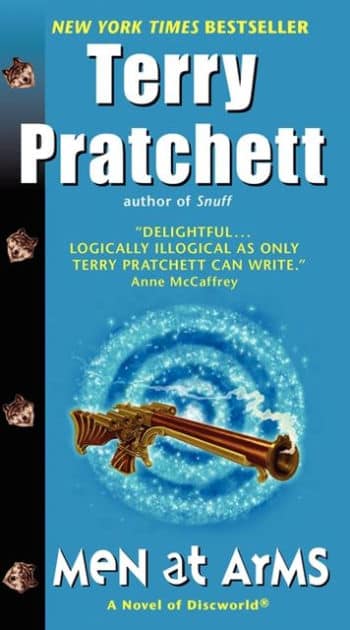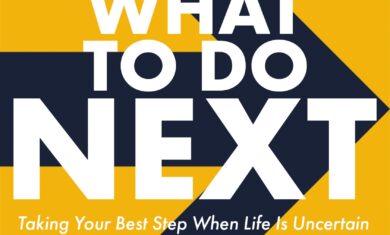The “boots theory” is a fascinating look at how living in poverty can cost more than living with wealth, at least in a few ways. In his 1993 novel “Men at Arms“, author Terry Pratchett shared this story:
The reason that the rich were so rich, Vimes reasoned, was because they managed to spend less money. Take boots, for example. He earned thirty-eight dollars a month plus allowances. A really good pair of leather boots cost fifty dollars. But an affordable pair of boots, which were sort of OK for a season or two and then leaked like hell when the cardboard gave out, cost about ten dollars. Those were the kind of boots Vimes always bought, and wore until the soles were so thin that he could tell where he was in Ankh-Morpork on a foggy night by the feel of the cobbles. But the thing was that good boots lasted for years and years. A man who could afford fifty dollars had a pair of boots that’d still be keeping his feet dry in ten years’ time, while a poor man who could only afford cheap boots would have spent a hundred dollars on boots in the same time and would still have wet feet. This was the Captain Samuel Vimes “Boots” theory of socioeconomic unfairness.
It’s similar to a concept shared in Henry Cloud’s book “Integrity“, about taking care of hard things now to set yourself up for easy things later. Cloud said it like this:
There are only two ways in life, and the person of character has it hardwired to only go one way: hard, easy versus easy, hard.
Those are our only two options. We can do the hard work of facing a problem and making the necessary changes to resolve it, and then we will enjoy the easy road of having things right. But the hard comes first and must be endured. Or, we can take the easy route first and avoid fixing a problem. Then, as sure as the sun will come up tomorrow, the hard life will follow. And it will last a lot longer and will be a lot harder than if we had chosen the hard way first.
Cloud wasn’t necessarily referring to money, as we can see this kind of things in many other places. If you have a small leak in your roof, you can do the “easy” thing and let it ride for now, and then face bigger problems later, or just do the “hard” thing today and get it fixed.
This applies to your health, education, and many other major choices that made you who you are today. It’s a lot easy to keep weight off than to try to get it off later, and college is much easier when you’re 18 versus trying to go to night school with a full-time job and two kids 15 years later.
We don’t always have a say in when to choose hard versus easy, but if you have a choice, knock out the hard stuff now to set yourself up for an easier tomorrow.




